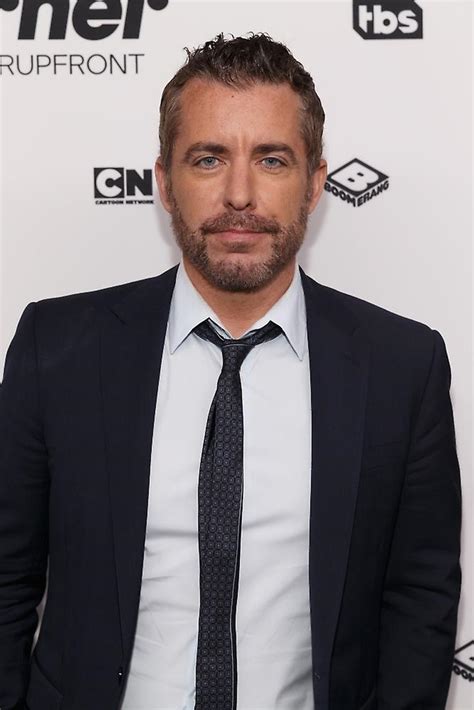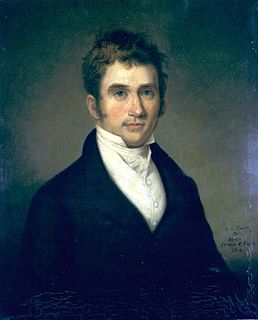A Quote by Skip Bayless
Ochocinco had a rare instinct for making himself an almost daily story.
Related Quotes
150 years ago in [Charles] Dickens's time there was at least a sense of craft. So some of the things people had inside of them, they had the possibility of expressing in the making of things - even in a daily way with their clothes or their food. People made a good deal of both themselves. Now our daily lives are almost all consumption. Craft plays a tiny role.
He [Mark Webb] is very savvy, technically, he's shot so many videos, he knows how to get what he wants. The surprise, of course, is that he's also an extremely humanistic story-teller. He's obsessed with story and character, and not just making it look right, which is a double-thred that's rare in directors.
An honest self-portrait is extremely rare because a man who has reached the degree of self-consciousness presupposed by the desire to paint his own portrait has almost always also developed an ego-consciousness which paints himself painting himself, and introduces artificial highlights and dramatic shadows.
Every field piece I did on 'The Daily Show' was a story that lasted five to six minutes. We had a protagonist, we had an antagonist and often put them at odds. We knew the story we wanted to tell before we went in, and often it was about plugging whatever character you have - in this case, a real person - into said part.
I've been making films with almost no dialogue (laughs), so sound and music become a very powerful character to tell the story. It's almost like with sound and music and images, it's your tool to tell the story, especially when I decide to structure the film in a way that usually goes against the conventions of the three-act structure which most films are made out of.
His [Thomas Edison] method was inefficient in the extreme, for an immense ground had to be covered to get anything at all unless blind chance intervened and, at first, I was almost a sorry witness of his doings, knowing that just a little theory and calculation would have saved him 90 per cent of the labor. But he had a veritable contempt for book learning and mathematical knowledge, trusting himself entirely to his inventor's instinct and practical American sense. In view of this, the truly prodigious amount of his actual accomplishments is little short of a miracle.
































